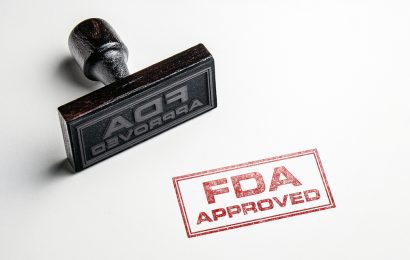Compared to other diabetes medicines, the class of drugs known as sulfonylureas may carry an increased cardiovascular risk, with some sulfonylureas appearing to be safer than others, according to a new study from Canada. Sulfonylureas, which have been available since the 1950’s, are used to treat Type 2 diabetes.
Sulfonylureas differ in their risk of causing hypoglycemia (low blood glucose), and there is ongoing debate relative to the cardiovascular risk of these medicines. To determine whether the risk of death from all causes, heart-related death, and heart attack differs from one sulfonylurea to another, researchers from the University of Alberta in Edmonton conducted a meta-analysis (analysis of data from several clinical trials) of 18 controlled studies involving more than 167,000 people.
A total of 14,970, or 9%, of the study subjects died, including 4% of people using gliclazide, 7% of people using glyburide (also known as glibenclamide; brand names Micronase, DiaBeta, Glynase), and 11% of people using glimepiride (Amaryl). But further analysis showed that gliclazide and glimepiride were associated with a significantly lower risk of both all-cause death and heart-related death when compared with glyburide. No differences were found in the risk of heart attack from the various medicines.
“Our summary of the published evidence would suggest there are important differences amongst sulfonylureas that clinicians should consider when selecting a drug from this class. For example, we believe glibenclamide (also known as glyburide) should be avoided in favour of other sulfonylureas, like gliclazide or glimepiride,” said study author Scot H. Simpson, MSc, in an e-mail to Reuters Health.
The authors note that their findings should be considered preliminary and must be verified in a “properly designed randomized clinical trial.”
For more information, read the article “Sulfonylureas Tied to Higher Mortality Risk in Diabetics” or see the study abstract in the journal The Lancet Diabetes & Endocrinology. And to learn more about sulfonylureas, read this summary by clinical pharmacologist Mark Marino.




